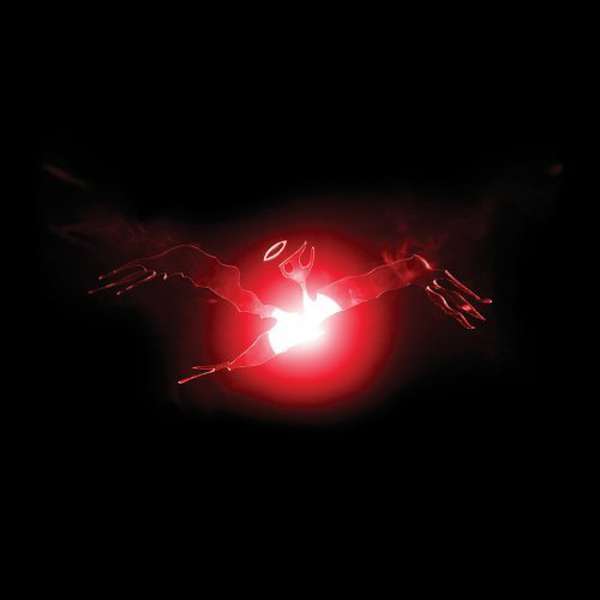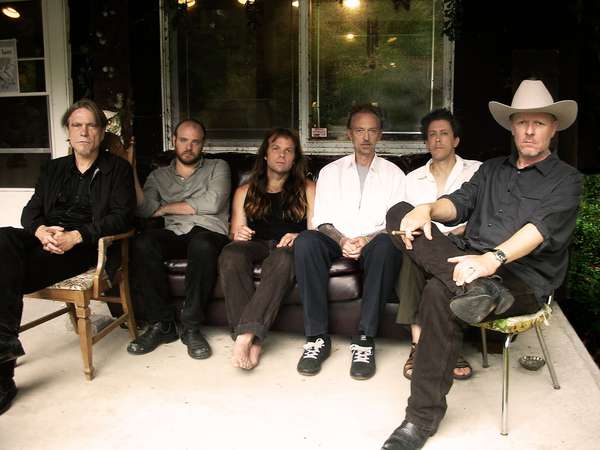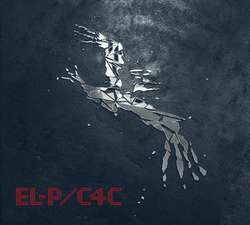Nas' latest release makes the claim that hip-hop is dead. If he paid attention to the underground, he'd know the genre is not only alive and well but with a pulse fresher than ever. Five years after the release of his first solo release, Fantastic Damage, El-P returns with I'll Sleep When You're Dead, an album proving why El's label Definitive Jux is a staple in the underground hip-hop scene.
A native New Yorker, El-P states that if Fantastic Damage documented the feeling of paranoia he had when thinking about living in the new millennium, particularly under the Bush administration, then this new album serves as a way to show his post traumatic stress disorder of living in these turbulent and often bleak times. Progressing where Fantastic Damage left off, the production I'll Sleep When You're Dead blurs the line between conventional hip-hop, techno, and industrial rhythms without denying that it is in fact a hip hop record. The overall tone is dark and moody; for El if there is any light at the end of tunnel it'll be a long time before we see even a glimmer.
While El-P's delivery may not be as impressive as some of his contemporaries, what makes this album genius is the landscapes and story lines he paints with his rhymes. In "Habeas Corpus" he takes on the first person perspective of a futuristic prison guard who falls in love with one of his inmates only later to be forced to commit her execution. My personal favorite is "Drive," a funky track that melds together several seemingly different themes using the metaphor of driving to tie them all together.
I'll Sleep When You're Dead boasts a number of guest artists you might miss if you don't listen close enough. In addition to Def Jux label mates and fellow Weathermen Aesop Rock, Camu Tao and Cage, the album also features Cedric Bixler and Omar Rodriguez of The Mars Volta, Chan Marshall of Cat Power. Perhaps the most famous is Trent Reznor of Nine Inch Nails, who lends his vocals to the first single, "Flyentology," a track about the problems with organized religion. Who better to voice their dissent of religion than Reznor himself.
Five years between albums is a long wait for a new full-length, but a few listens proves that the time was well spent making beats and writing with a keen eye to what's going on in the world. If the grim forecast El-P envisions over the course of I'll Sleep When You're Dead actually coalesces, then God help us all.


